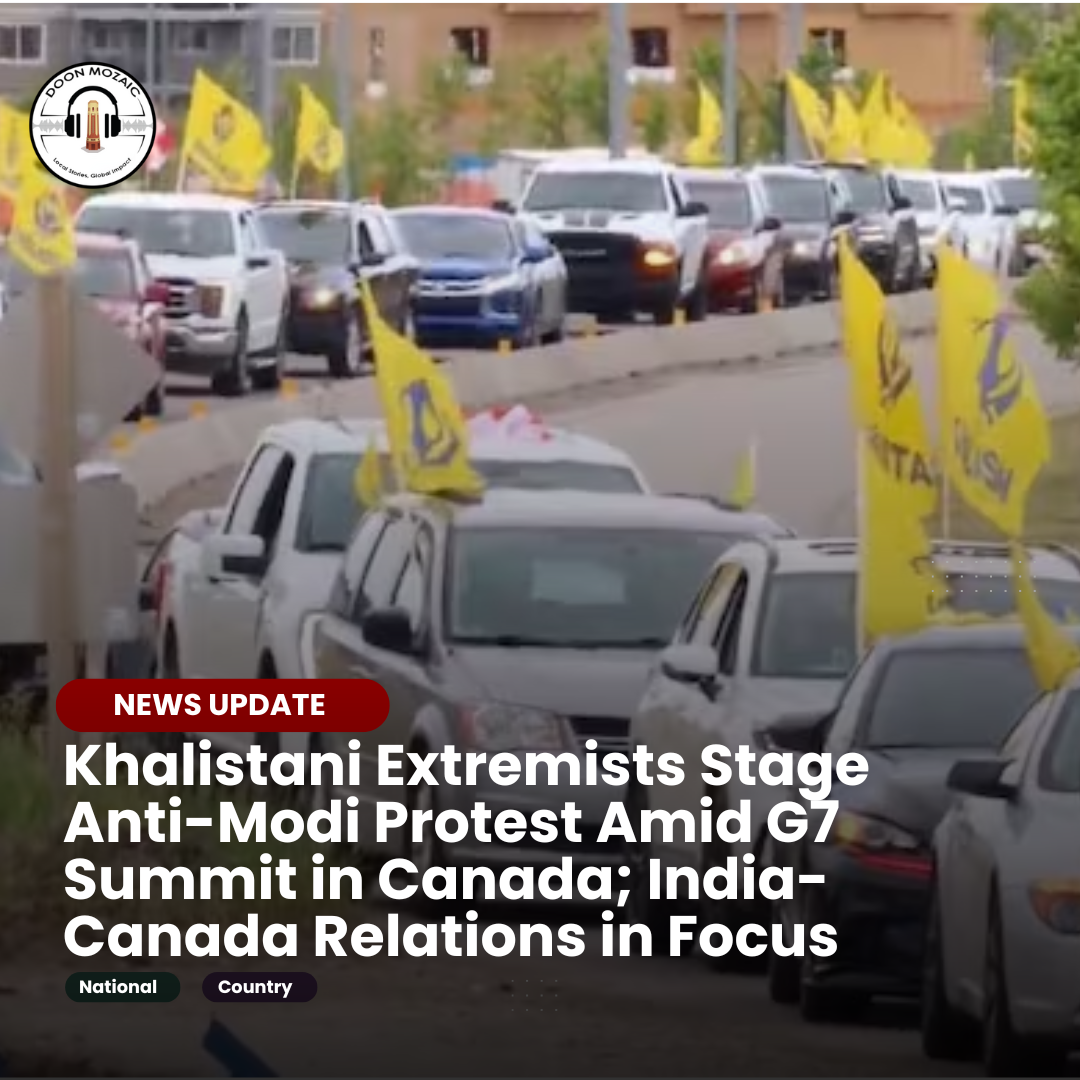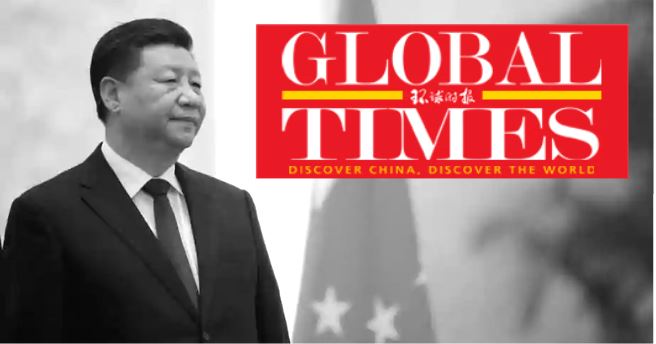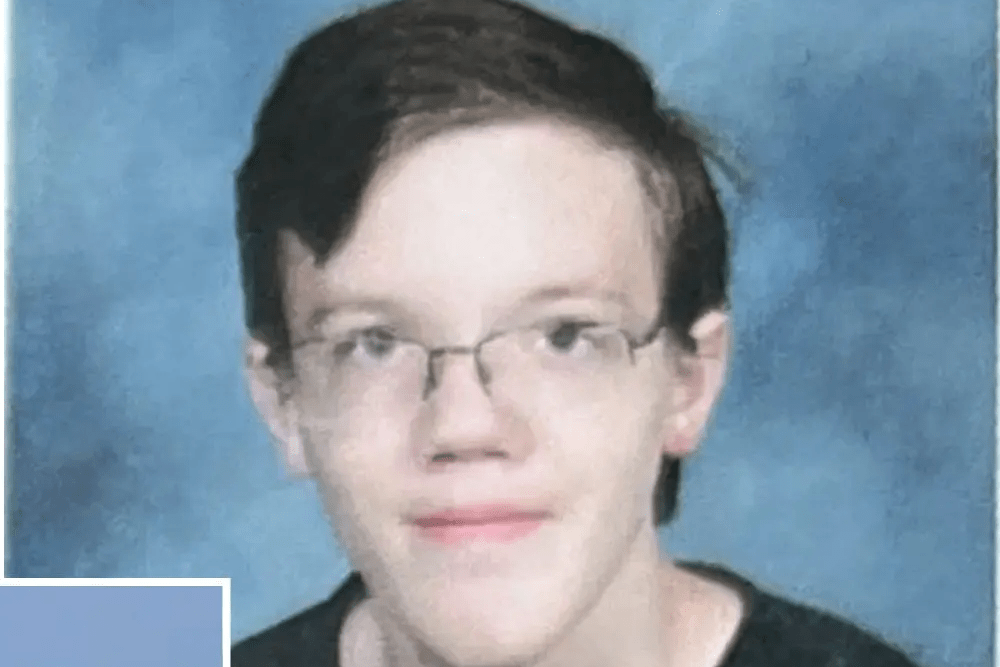Kananaskis, Alberta | June 17, 2025
As Prime Minister Narendra Modi attends the 51st G7 Summit in Kananaskis, Canada, a group of Khalistani extremists staged what they called an “ambush protest” near the summit venue. The demonstration was marked by inflammatory rhetoric, desecration of the Indian flag, and aggressive calls to dismantle India’s political system.
The protests come during the second leg of PM Modi’s four-day, three-nation tour that covers Cyprus, Canada, and Croatia. His visit to Canada, the first in a decade, carries significant diplomatic weight as he is scheduled to hold bilateral meetings with Canadian PM Mark Carney and other world leaders including those from Germany, Italy, and Ukraine.
Protests Marred by Hate Speech and Flag Desecration
According to Canadian journalist Daniel Bordman, the protest in Calgary saw a disturbing display of hostility, with some extremists calling on Canadian PM Carney to “kill Modi politics” and on US President Donald Trump to “kill India politics.” Protesters also pushed for an attempt to “Balkanise India”.
In a video from the scene:
- Multiple microphones blared simultaneously.
- Protesters stomped on and tore the Indian national flag.
- A new anti-Modi song was played publicly, crossing what Bordman described as “the line of acceptable political discourse in Canada.”
Another Canadian journalist, Mocha Bezirgan, reported that Sikhs for Justice (a banned organisation in India) played a key role in organising these demonstrations. Bezirgan, who was recently assaulted by pro-Khalistan activists during a Vancouver rally, has highlighted growing concerns over the group’s activities in Canada.
Strong Condemnation from Sikh Authorities in India
Back in India, the Takht Sri Patna Sahib Gurudwara, a key Sikh religious authority, condemned the protest in harsh terms. Its spokesperson Sudeep Singh expressed disappointment over the use of children in the protests, calling the act “highly condemnable”.
He said, “The protests involving children and the way the national flag was disrespected are against Sikh values and Indian ethos.”
Signs of Waning Khalistani Influence?
Despite the protest, journalist Daniel Bordman noted a decline in Khalistani influence, especially under the new leadership of Canadian Prime Minister Mark Carney.
“There is more money in trade with India—a real country with billions of people—than with a Pakistani proxy group propped up by China,” Bordman told ANI.
“Carney’s invitation to Modi is a shift away from Trudeau-era leniency toward separatists. This is a good first step toward de-radicalisation,” he added.
Bordman emphasized that the economic realities are reshaping foreign policy, with Canada seeking to expand trade with India and move away from past political indulgence of extremist groups.
Diplomatic Reset in Progress?
Relations between India and Canada had plunged to historic lows after the 2023 killing of Hardeep Singh Nijjar, a Khalistani separatist. Ottawa accused Indian officials of involvement, a claim strongly denied by New Delhi. In response, both countries expelled each other’s diplomats, and India suspended visa services to Canada.
However, with Justin Trudeau no longer in power, the new Carney government has shown willingness to repair ties. Inviting PM Modi to the G7 Summit is widely seen as a symbolic and strategic outreach.
India has long demanded stronger action from Canada against Khalistani separatists operating openly on its soil, many of whom are linked to organised crime and extremist propaganda.
Modi’s Broader G7 Engagement
While protests grabbed headlines, PM Modi continued his diplomatic agenda, focusing on:
- Energy security
- Technology and innovation
- Global South representation
- Bilateral meetings with world leaders
India’s presence at the G7, despite not being a member, underscores its growing role as a global influencer, and the outreach is seen as a balancing act amid global tensions, especially the escalating Iran-Israel conflict and Trump’s protectionist trade agenda.
Conclusion
While Khalistani extremists attempt to hijack the narrative, the broader takeaway from Modi’s visit is that India-Canada relations may be on the verge of recalibration. Economic interests, strategic alignment, and global diplomacy seem to be pushing both countries toward a much-needed reset—one that acknowledges India’s sovereignty while protecting Canada’s democratic values.
Would you like a Hindi version of this article or a Reels script for Instagram summarizing this story visually?
Discover more from The Doon Mozaic
Subscribe to get the latest posts sent to your email.



